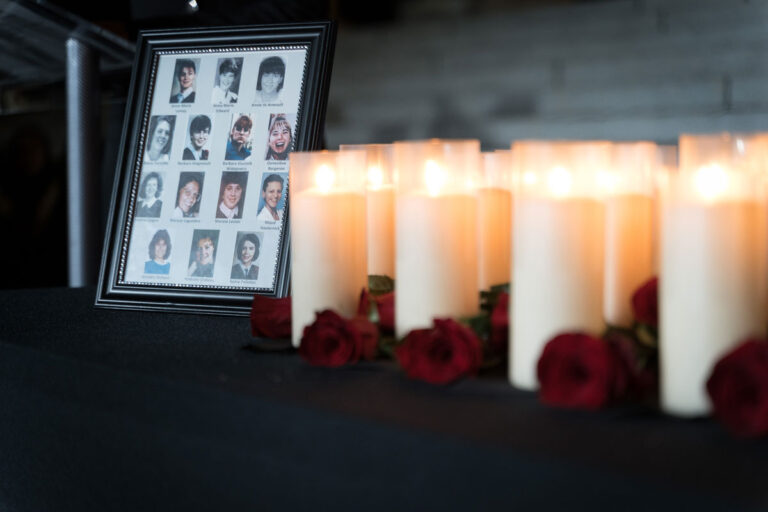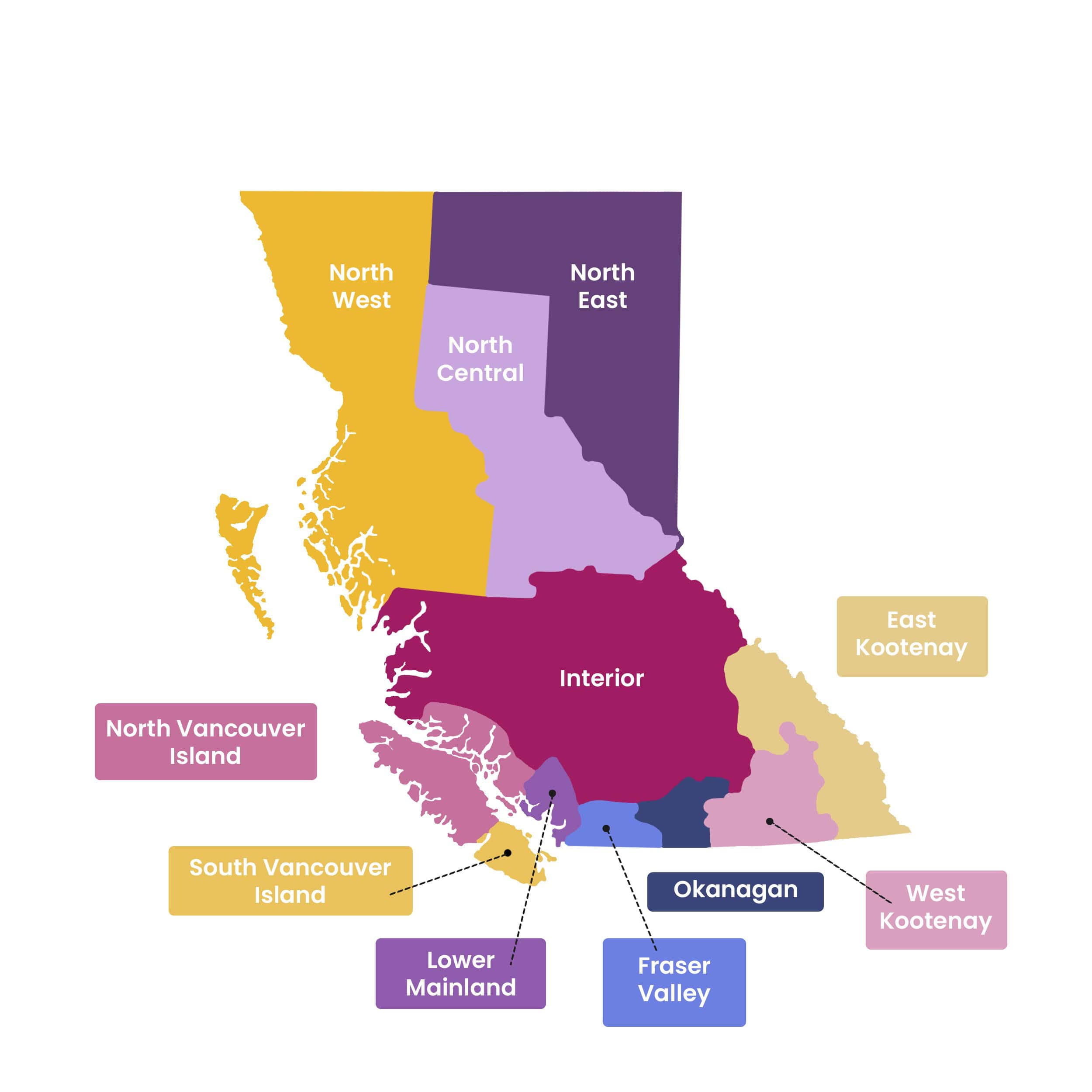
The strong links between mass casualties and gender-based violence
December 6 is the National Day of Remembrance and Action on Violence Against Women – a day to remember the murder of 14 women at Polytechnique Montréal on December 6, 1989, and all of those we have lost since to gender-based violence. It is also time to take action to end gender-based violence.
Mass casualty incidents occur infrequently, but women, children, and communities who face systemic barriers experience violence every day.
Mass casualties are strongly linked to gender-based violence. Many perpetrators of mass casualty incidents have a history of gender-based violence, including intimate partner violence, coercive control, sexual assault, stalking and harassment. They are motivated by hatred of women or a belief that women don’t deserve respect, security or equality. Perpetrators frequently target a specific woman at the outset of a mass casualty incident, such as an intimate partner or a woman with whom the perpetrator wanted to have an intimate relationship with.
We need to recognize that there is a risk of escalation inherent in all forms of violence, including intimate partner violence.
Intimate partner violence (IPV) is not a private matter — it is a public health and safety issue that affects the survivor, the abuser, their children, family members, friends, workplaces, and communities.
In BC in 2023, there were 14,270 victims of IPV that came to the attention of police (Stats Canada: Trends in police-reported family violence and intimate partner violence, 2023). But we know that most cases are not reported to police: “Fewer than one third of victims living with IPV report the victimization to police, more often only confiding in a trusted friend or family member,” BC Coroners Service Death Review Panel: A Review of Intimate Partner Violence Deaths 2010-2015.
The BC Coroner’s Service reported 135 IPV-related deaths in BC from 2012-2022.
EVA BC is calling on the province to establish an annual IPV death review committee that will be informed by the knowledge and expertise of the anti-violence sector.
An IPV death review committee is a multidisciplinary advisory committee of experts that review deaths in the context of IPV to make recommendations to prevent future IPV related deaths.
IPV death review committees:
- Identify risk factors for lethality
- Identify missed opportunities and systemic barriers and gaps in services
- Advocate for legislative reform
- Strengthen community coordination
There are currently IPV death review committees in Ontario, New Brunswick, Manitoba, Alberta, Quebec, and Nova Scotia.
EVA BC will continue its work to raise the need for an IPV death review committee with the incoming provincial government and advocate for more attention to improving responses to and prevention of intimate partner violence.

